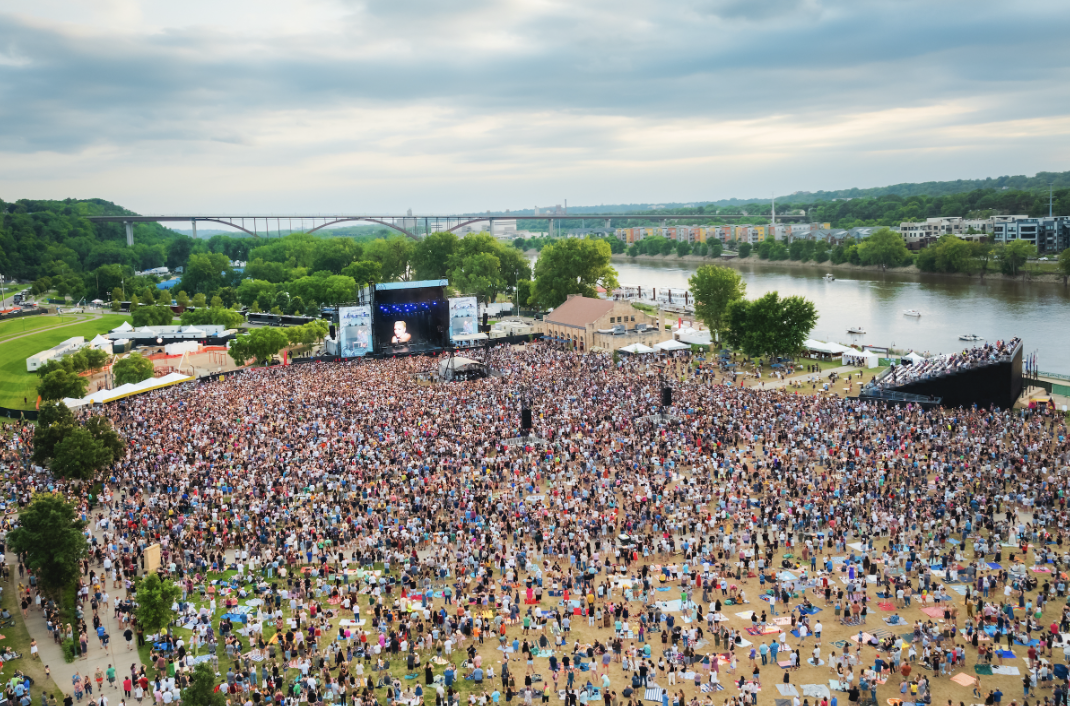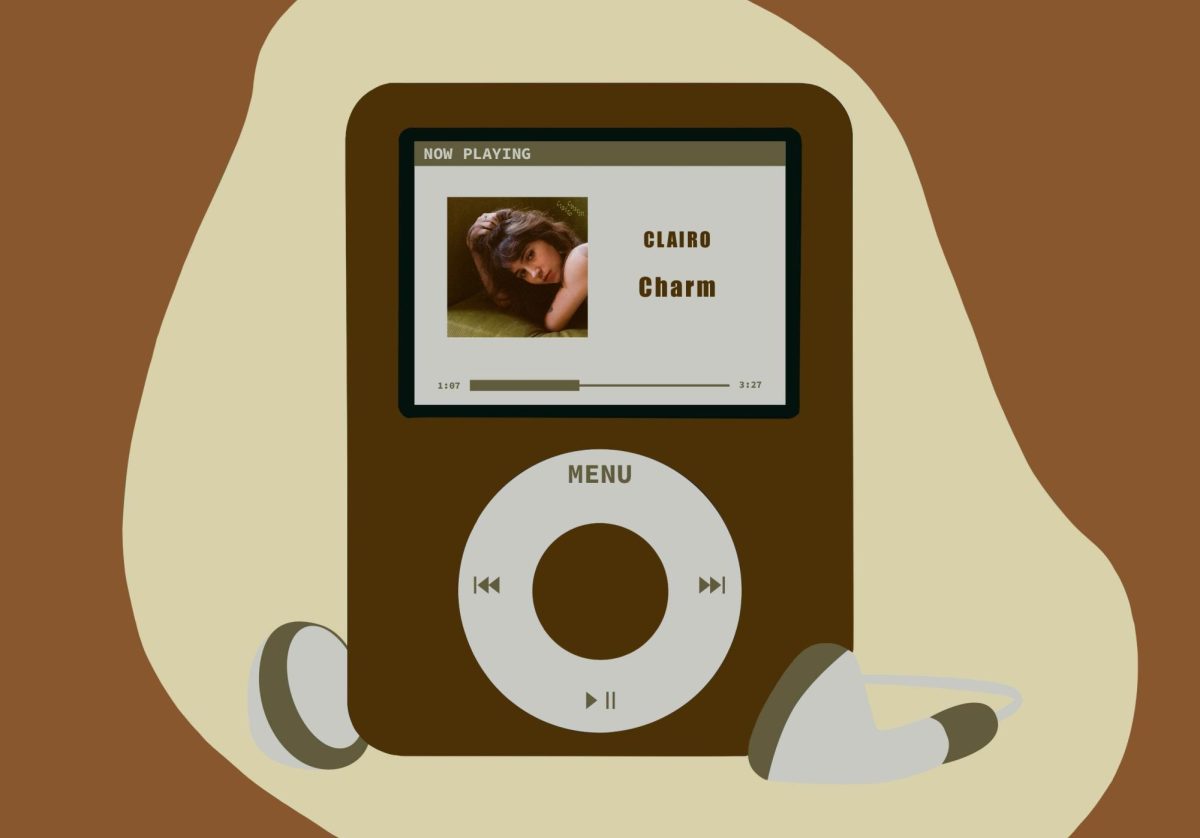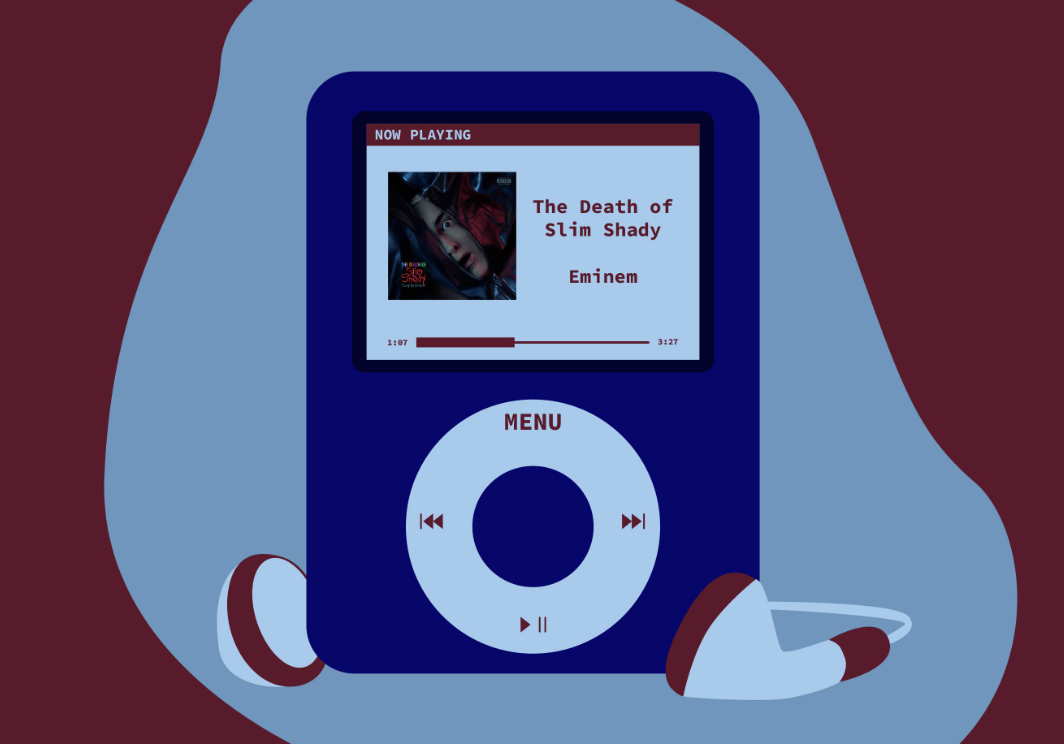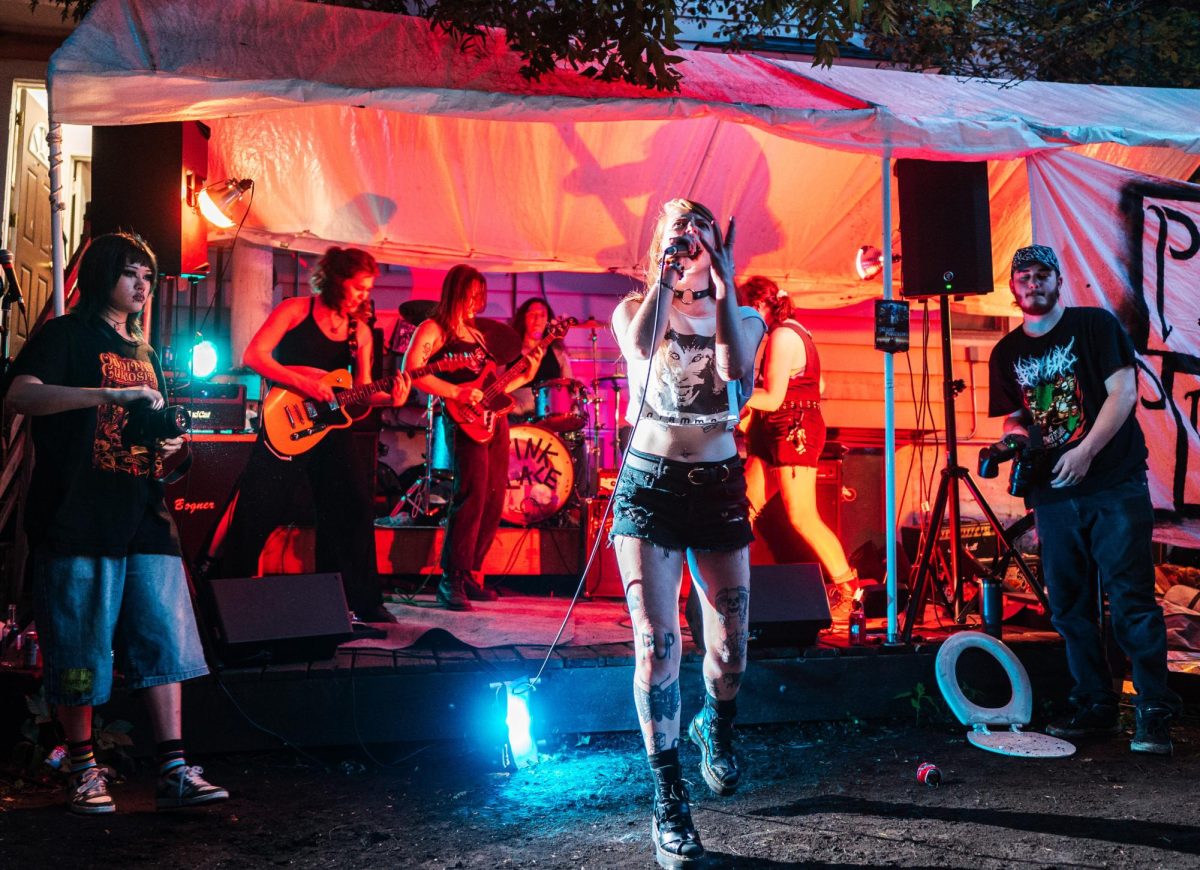To be politically correct, the Homorevolution Tour involves a group of gay, lesbian, bisexual and transgender hip-hop artists who travel the country spreading their message of equality and reality.
Find out more about the Homorevolution Tour at:
www.homorevolution.com
But screw political correctness. This is hip-hop, after all. And the Homorevolution Tour performers are not trying to sugarcoat the fact that they fall under the small but growing category of, as they say, “gay hip-hop.”
When the tour made a stop in Minneapolis Sunday at the Pi Bar, it wasn’t the city’s first experience with this genre.
After all, Tori Fixx, the godfather of the GLBT hip-hop scene, calls the Twin Cities home. Alicia Leafgreen, better known as White Lesbian Rapper, has been causing a stir at straight Twin Cities’ venues for a couple of years now.
But the Homorevolution Tour, or Homorev, as the artists involved call it, is still breaking new ground in Minnesota and all around the country. It is the first city-to-city tour of GLBT hip-hop artists.
Minneapolis was the tour’s last stop, for now. The organizers, like creator Camilo Arenivar and Midwest tour manager Bigg Nugg said that they are taking this tour in spurts because the artists are essentially funding their own tour.
Homorev started in the Southwestern United States, where a majority of the original 17 performers were based. But the GLBT hip-hop movement started years before that.
Tori Fixx has been rapping for about 20 years now, he said. Living in California about a decade ago, he helped start what has evolved into an entirely new genre, and a movement for awareness, acceptance and equality.
The GLBT hip-hop scene received national attention with the release of 2005’s “Pick up the Mic,” a documentary exploring the genre and highlighting the “PeaceOUT World Homo-Hop Festival” that occurs every year in Oakland, Calif.
The Homorev tour itself was birthed unintentionally, Arenivar said. He manages Deadlee, one of the rappers featured on “Pick up the Mic,” whose new album came out earlier this year. They wanted to gather up a couple of GLBT supporting acts to go on a tour with Deadlee to promote his new album. They found so many willing supporters, however, that Arenivar decided to expand the album tour into a first-of-its-kind GLBT hip-hop national tour.
“This is a slap in the face of hip-hop,” Arenivar said. “We’re gay and lesbian and we’re out of the closet. They don’t want to know that.”
Indeed, the attention Homorev has received from mainstream media outlets – among them Tyra Banks, CNN and Rolling Stone – revolved directly around this tension between mainstream hip-hop and GLBT hip-hop.
“Hip-hop, more than any other musical genre, is blatantly misogynistic and homophobic,” Tori Fixx said.
Although, according to Bigg Nugg, some major record labels have asked the Homorev artists to submit their albums for review, none of the artists have been signed. The reason, Homorev artist DaLyrical thinks, is fear.
“It’s a struggle because mainstream hip-hop don’t want to acknowledge who you are,” she said. “But they’re not going to be able to deny us very long because we’re right there in their faces. And we’re just as talented, if not more talented, than some of the people on (the major labels.) But they’re scared because we’re gay.”
Another Homorev rapper, Unecc, agrees that it’s frustrating how one personal fact inhibits their careers.
“It’s sad that we are locked out because of who we choose to sleep with,” she said.
The over-the-top posturing and straight-as-a-gun-barrel masculinity expressed through mainstream hip-hop culture alienates a lot of gay youth who otherwise enjoy the genre, the Homorev artists said. They are trying to counteract that image by saying what they are presenting is a more realistic image of hip-hop and homosexuality.
“We want people to know that what you thought was gay isn’t. There are masculine gay men on stage, like Deadlee,” Bigg Nugg explained. “Every lesbian is not the bulldog type; there are everyday women up on stage rapping.”
Growing up as a hip-hop fan, White Lesbian Rapper said she was never bothered by the homophobia in the genre. It wasn’t until she came out in her late teens that she started to notice the lyrics a little more.
“It bothers me now, but I’m sure my lyrics bother other people,” she said. “I think people are able to say whatever they want. Just don’t expect me to support what you’re saying. You do your thing and I’ll do mine.”
All of the artists expressed a desire to represent all of who they were, not just a part of their beings.
“The overall message is that, beyond our differences, there is still talent and beauty and a diversity of thoughts,” Tori Fixx said. “Our sexuality is just a part of who we are and where we’re coming from in our music.”
Highlighting the fact that these rappers and producers are homosexual does not change the fact that the Homorev artists are, first and foremost, hip-hop artists, Arenivar said.
“This is hip-hop,” he said. “It’s confronting social problems, fighting oppression through music, challenging mainstream ideas.”
And how much more genuinely hip-hop can you get?
















